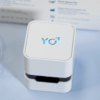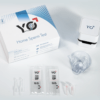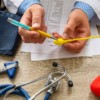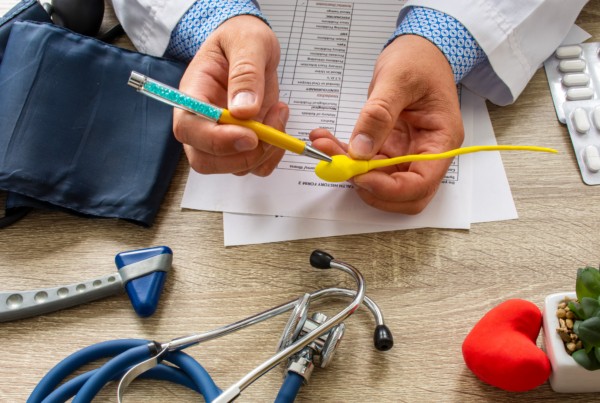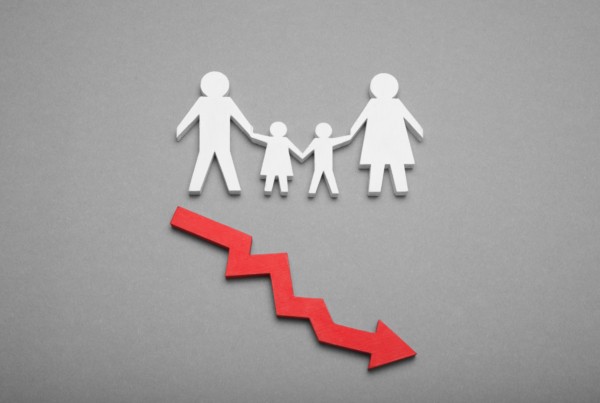As you prepare for in vitro fertilization (IVF), it is important that you follow the instructions provided by your fertility clinic to provide the most optimal sperm sample for the procedure. Clinics have specific protocols, depending on the treatment option you’re going for. In this article we provide an overview so that you’re aware of what to expect when it’s time for sperm collection.
Can I have sex before sperm collection?
The Society for Assisted Reproduction (SART) advises patients not to have sex for at least two days but not more than five days before providing the semen sample. Sperm counts are generally highest two days after an ejaculation, but are negatively affected if you abstain more than seven days.
How should I collect sperm for IVF?
Generally, you will be asked to collect sperm via masturbation on the day your partner undergoes the egg retrieval. The clinic provides you with a sterile, non-toxic container to use in an on-site, private collection room. Some clinics also allow at-home collection. According to a 2020 study, collecting semen samples at home does not have a negative effect on your treatment outcomes. Of course, provided you follow all proper handling instructions.
It’s important that you do not use lubricant unless expressly stated by your doctor. Most lubricants are toxic to sperm, damaging its quality and function. If you can’t do without a lubricant, your doctor may recommend a sperm friendly lubricant that does not damage sperm.
Before collecting the sample, wash your hands carefully and dry them. Your clinic may also recommend cleansing the penis, rinsing and then drying to remove all soap and water.
If you find it difficult to obtain a sperm sample via masturbation, speak to your doctor. They may advise intercourse using a special condom or electroejaculation. In this procedure, mild electric currents are sent to the prostate gland, leading to ejaculation.
Once you have your sample, seal the container tightly to prevent leakages and follow your clinic’s labeling instructions. It’s important you notify the lab if any of the sample leaked or if you are taking any medication, including more natural remedies.
Following your clinic’s instructions closely will help you get the ideal sperm sample. However, optimal sperm health is also dependent on a wide range of factors, including following a healthy lifestyle and identifying any underlying conditions or medications you’re taking which may be impacting your swimmers. Your clinic will help you out in the run up to ensure that the sample you provide is the best possible. Good luck!
As you prepare for this step on your fertility journey, sperm testing can give you a better picture of your sperm health. The at–home Yo Sperm Test empowers you with detailed information on your sperm motility, so that you can make more informed choices on your journey to baby. Learn more here.


